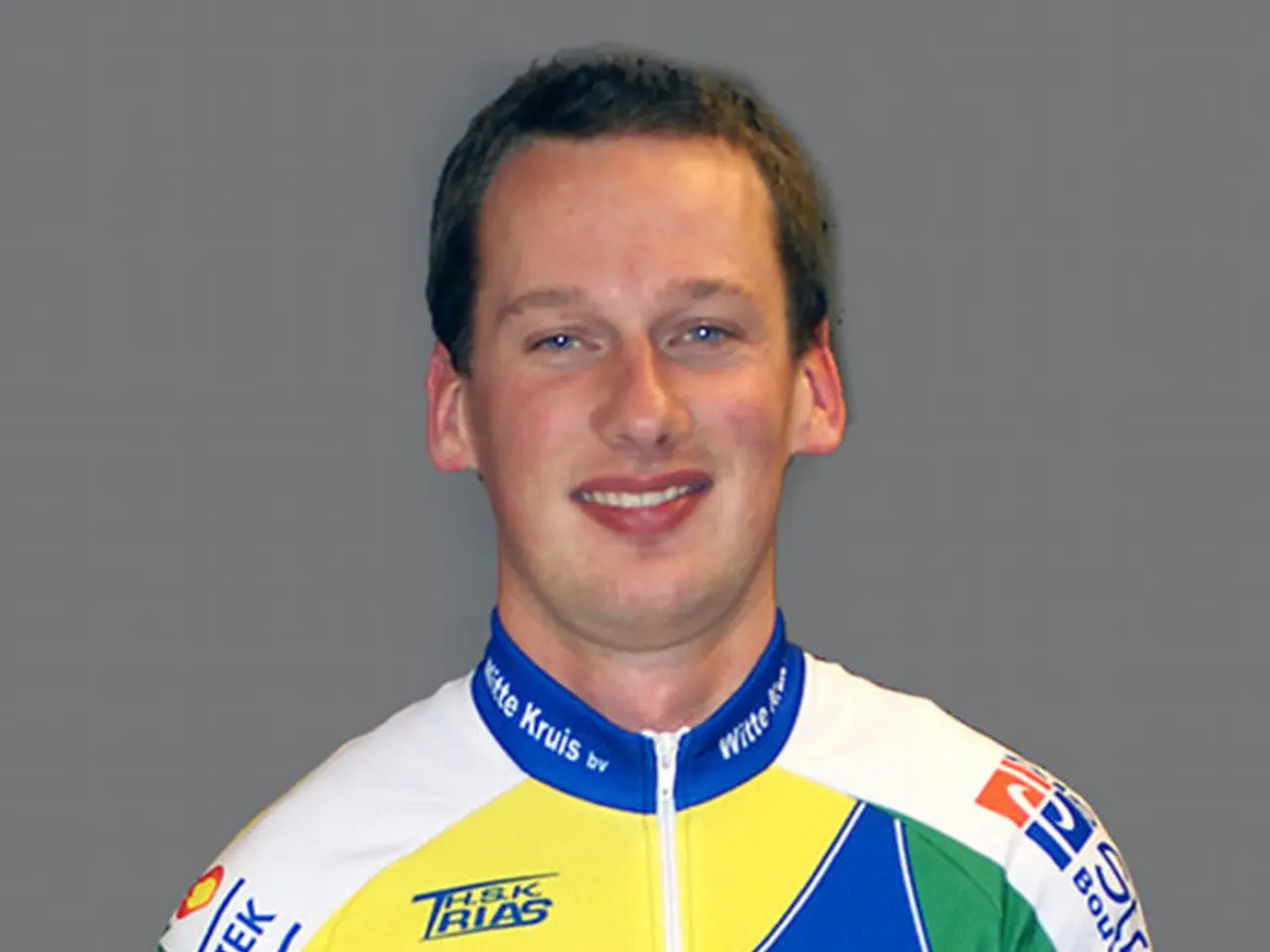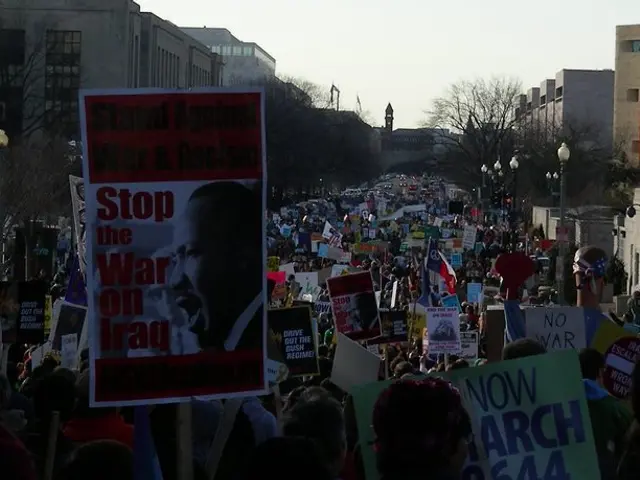Upcoming Significant Political Game in Germany by 2025
In the heart of Europe, Germany's gaming industry is experiencing a significant boost, thanks to the support of key political figures and strategic investments.
One of the most reliable supporters among the states for the games industry is North Rhine-Westphalia, alongside Bavaria and Berlin-Brandenburg. The region is home to a thriving ecosystem of studios and associations, fostering innovation and growth in the sector.
Berlin, in particular, is set to become a 'lighthouse' for the industry with the creation of The House of Games. This initiative, backed by an investment of 4.6 million euros, aims to provide a hub for studios and associations, promoting collaboration and fostering the growth of the local industry.
Dorothee Baer, the new Minister responsible for games funding programs, the German Computer Game Award, and the 'Games Strategy' of the federal government, has been instrumental in driving these initiatives. Baer, who opened Gamescom 2025 in Cologne, is well-versed in the gaming industry, having been involved for decades.
In Bavaria, Markus Söder aims to make the region the number one games location and Munich the gaming capital. The first results of this ambitious plan are expected in spring 2026.
Franziska Giffey, the Senator for Economics in Berlin, is also playing a crucial role in the gaming industry's success. As one of the most significant locations in Europe, Berlin benefits from Giffey's expertise and commitment to the sector.
The gaming industry has also gained the attention of federal politicians. Lars Klingbeil, Finance Minister, plays a key role in the success of the tax credit model for the games industry. Klingbeil, who is familiar with the key players in the sector, has attended Gamescom several times.
However, the industry has faced criticism regarding the draft for the reform of the youth protection law, introduced by the Federal Ministry for Family, Senior Citizens, Women and Youth (BMFSFJ). The draft has been criticised for having "craftsmanship flaws."
Despite these challenges, the industry is on solid ground. Games Hub Hamburg is back on steady ground after a brief period of imbalance, and Nathanael Liminski ensured the long-term Gamescom contract extension with the industry association Game.
Politicians like Carsten Brosda, a close ally of the creative economy and the highest employer of the municipal location initiative Gamecity Hamburg, are actively engaged with the industry, hosting events and promoting its growth.
In summary, Germany's gaming industry is thriving, thanks to the support of key political figures and strategic investments. With the creation of initiatives like The House of Games in Berlin and the ambitious plans of Bavarian politicians like Markus Söder, the future looks promising for the sector. However, challenges remain, particularly in the area of youth protection, and the industry will continue to work closely with policymakers to ensure a safe and innovative gaming environment for all.








